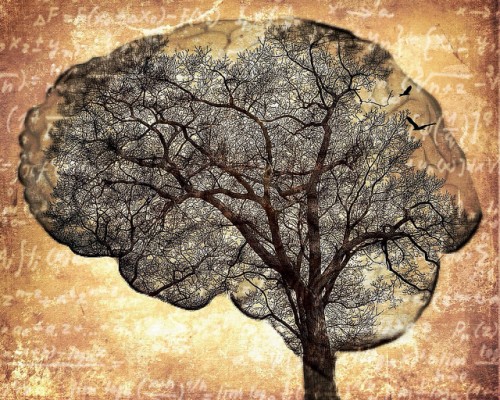
A couple of days ago I finished writing a short story and burst into tears.
Anyone who knows me knows I have a lot of emotions. The point of this story is the story.
It started out as a story about a mysterious plague of suicides documented and shared via social media, which I seized on just because it resonated for a bunch of reasons, and I felt like writing something profoundly troubling. What it became was a story about me, about what the last year has been like, about what the last six years have been like – in a graduate program regarding which I seem to be moving from feelings of ambivalence to outright anger and resentment – and really what it’s been like since we first started using these technologies to connect with each other.
It’s about being a Millennial and what being a Millennial is like right now, all the clickbait headlines and ridiculous thinkpieces aside. It’s about fear and anger and loneliness, hopelessness.
It’s also about courage, and about the networks and technologies that allow us to take care of each other, especially when no one else is really able to.
Here’s the thing about things like Facebook and Twitter and Tumblr – especially those two latter for me, in part because they aren’t subject to the same kind of emotional algorithmic filtering. They allow us to share information and organize, sure. They help facilitate political action. They’re exploited by the powerful and the marginalized alike. They alter how we move through the world, how we understand ourselves and each other, how we understand the past and the present and the future. Okay, sure; all of those things.
But I look back on everything that’s happened to me, my life with these things, and what I think I see more clearly than anything else is that they’ve allowed us to take care of each other.
It’s not perfect. It’s not ideal. It is sure as hell not evenly distributed. It’s not the same for everyone, because no one is exactly the same. But it’s something. It’s an important thing. Sometimes it’s the only thing.
It’s very difficult to explain that to people who haven’t experienced it. Those people tend to be the same people devaluing these things, trying to draw distinctions between them and real connection. Those people also tend to be the people who set a lot of the popular discourse around this stuff. Maybe our generation won’t do that; probably we’ll find something else with which to do the same thing. It sort of seems to be what we do.
But in the meantime we do this. We create these spaces, and while we do them with code written by other people, and what we do is therefore constrained by that code, we still have power to make and make use. We construct our own languages and our own customs, our own mythologies. We beat paths to each other; we pave roads. It’s not always peaceful or simple; it’s as messy and hurtful and complex as the “real” world.
That’s why it’s real.
But we take care of each other.
So I was sitting there on the couch at one in the morning, looking at this story and weeping and trying to understand exactly why, and all I could take from it was the feeling that I was looking at something I understood, that many people I know understand, which means something and is important but which is a little like a child’s secret country that fades when we grow up. That can’t last. Neither contacts nor code are endlessly sustainable. Networks decay and nodes fade into obscurity, wink out of existence one by one.
This is not about age, but it is about time.
What I think is that when we write about these things, when we write about these technologies and these spaces and what it means to live there, we sometimes have a tendency to oversimplify in the service of analysis. Which is fine; analysis is for a necessary thing and it does a necessary job. But when I’m sitting there crying over a goddamn story I just wrote, what I think is that this is all more complicated that I have the most remote possible prayer of ever being able to explain in a journal article or a conference presentation. What I can say about it with absolute certainty is that it is.
We live here until we don’t anymore.
All we ever have is each other.
I loved those people. I loved every one of them. The people I never met. The people whose names and faces I never knew until I was watching them kill themselves. The people who mourned for them and invited me to mourn with them. We said we loved each other. We all said it. Over and over. Like hands across a chasm, groping in the dark. Trying to hold on. Knowing that, in the end, we probably couldn’t save anyone. All we could do was be there until they were gone, and be with whoever was left.
I remember how it was. I remember it. I remember it so well. I’m drowning in remembering.
Not very shareable.
I love you. I love you.
I love you.

Comments 2
the only life you could save - Treat Them Better — February 28, 2015
[…] the only life you could save […]
Delia — March 1, 2015
Sarah - this is very shareable. Thank you. It's very beautiful, touching, honest and written with such humility. As a researcher of the cyborg world also, I also share the thought/feeling of "I love you" as I observe and interact in the virtual space, for all mankind wherever they are. For me, it is not just a technological connection, it is about our true connection to each other, with each other. Thank you again for sharing.
D